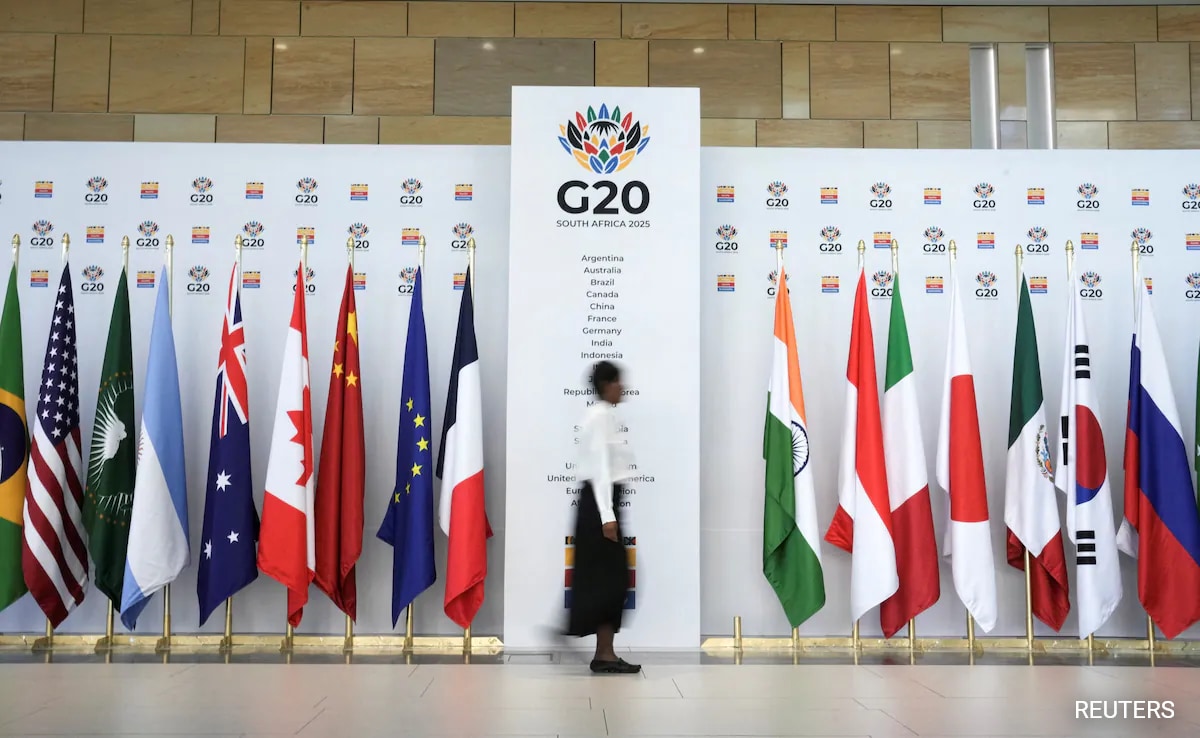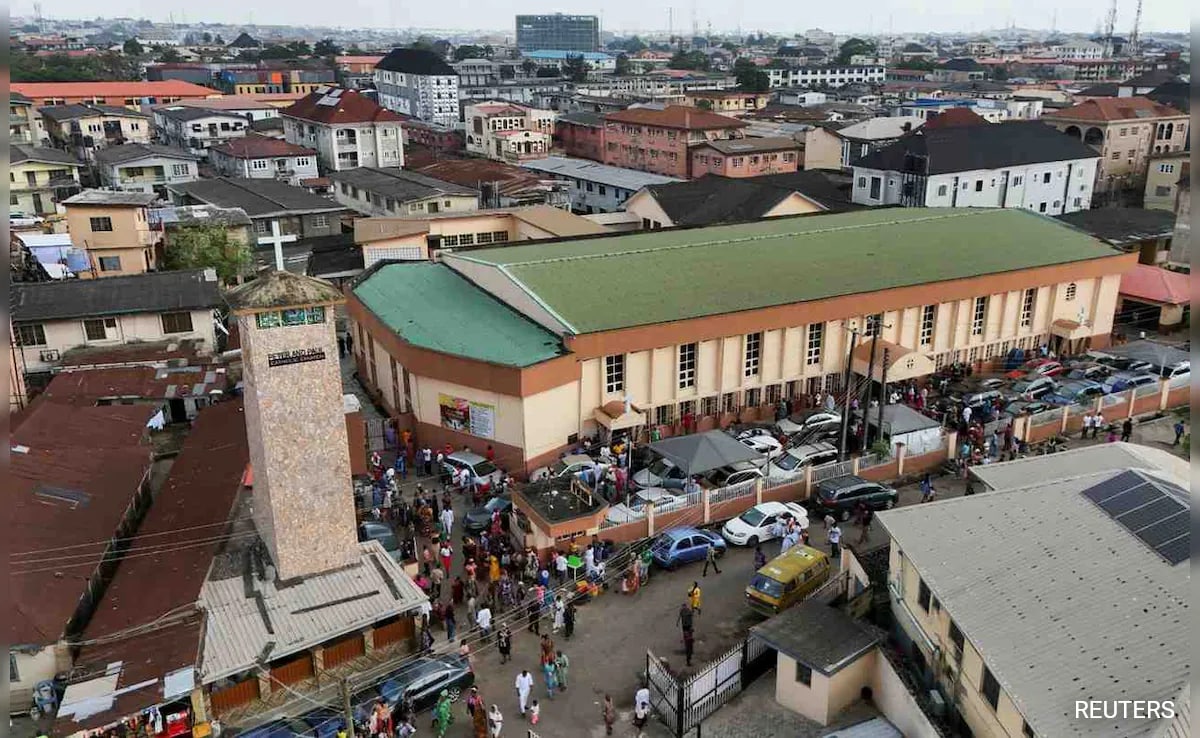Good morning. We’re covering Covid-19 protests in Thailand, political changes in Japan and the end of Jimmy Lai’s media company in Hong Kong.

Thais protest Covid failures
Demonstrations against the government’s bungled response to the pandemic have become a daily event, and crackdowns are growing more aggressive.
In August, at least 10 demonstrations were broken up with force. One demonstrator lost vision in his eye. A 15-year-old boy was shot and is now in intensive care, although the police have denied firing live ammunition. Hundreds have been arrested for sedition.
The anger is fierce. This year, more than 12,000 people have died of Covid-19, compared to fewer than 100 last year. The economy has been ravaged, with tourism all but nonexistent and manufacturing slowed.
Opposition lawmakers in Parliament also tried to pass a vote of no confidence in the prime minister, Prayuth Chan-ocha, although that effort failed on Saturday.
Vaccines: This summer’s vaccine rollout, already late, was further hampered by manufacturing delays. Only about 15 percent of the population is fully vaccinated, and social inequalities have let the young rich leapfrog ahead of older, poorer people.
Context: Not long ago, Thailand was seen as a virus-containing wonder. Now, it has become yet another example of how authoritarian hubris and a lack of government accountability have fueled the pandemic.
Quotable: “Sometimes I think, one tear gas canister could buy six to eight doses of a good-quality vaccine,” said Nipapon Somnoi, the mother of the 15-year-old boy.
Here are the latest updates and maps of the pandemic.
In other developments:
Covid deaths are still surging across the U.S.
Guam is battling a rise in cases, despite its successful vaccine campaign.
Infections and deaths have plummeted in South America, and experts are trying to figure out why.
Political openings in Japan
Less than a year after becoming prime minister of Japan, Yoshihide Suga said on Friday that he would not seek re-election as the head of its governing party.
Suga’s abrupt decision came after he had spent days trying to salvage his historically unpopular administration, battered by Japan’s struggles with the coronavirus. The country took months to ramp up its vaccination program, leaving the population weary with continued economic restrictions and Suga’s approval rating below 30 percent.
Now, Suga’s decision has thrown Japan into deep political uncertainty. He announced his decision just two weeks before the party leadership race is set to begin on Sept. 17, which will likely determine the next prime minister.
Legacy: Suga, 72, had been a behind-the-scenes operator in the governing Liberal Democratic Party, which has dominated Japanese politics for decades. A deeply uncharismatic leader, he struggled to connect with citizens and often looked uncomfortable in public.
Context: His departure raises the prospect of a return to the revolving-door leadership that once characterized the top office of the world’s third-largest economy.
Unfree media in Hong Kong
Jimmy Lai’s media company, Next Digital, said on Sunday that a crackdown had left it with no way to operate. The company, which published criticism of China for decades, is taking steps to shut down.
In a statement, the company’s board of directors called for the liquidation of the company and said that they had resigned. Lai, the founder and controlling shareholder, is in jail on charges that include violating the national security law that has stifled Hong Kong’s once-freewheeling press.
Context: Its flagship newspaper, Apple Daily, was the leading pro-democracy voice in the Hong Kong media. In June, officials froze some of the company’s bank accounts, forcing it to close.
THE LATEST NEWS
News from Asia
In cracking down on free expression, the authorities in Kashmir have muzzled the region’s poets, who practice a centuries-long tradition.
New Zealand is grappling with the trade-offs between monitoring suspects and preventing attacks, after a stabbing attack raised new questions about antiterrorism laws.
Paralympians in Tokyo reject “inspiration porn”: the idea that they should be admired just for coping with disabilities, while their athletic accomplishments are ignored.
Afghanistan
Taliban fighters violently suppressed a women’s protest on Saturday in Kabul.
Safe houses for women have begun closing, leaving women vulnerable to vengeful male relatives now released from prison.
President Biden has said that the evacuation of Kabul was handled as efficiently as possible, but documents obtained by The Times suggest otherwise.
The end of the war shows an emerging Biden Doctrine, my colleagues in Washington report: a foreign policy that avoids forever wars, while uniting allies against authoritarianism.
Africa
In an apparent coup, the head of Guinea’s special forces said he had “seized” the president of the West African country.
Vigilante killings have inflamed the long-fragile relationship between Black and Indian South Africans.
Caretakers are hoping to use DNA to reunite an orphaned elephant with her family in Burkina Faso.
U.S. Open
Naomi Osaka lost in the third round to Leylah Fernandez, an unseeded 18-year-old Canadian. Osaka said she didn’t know when she would play again.
Ashleigh Barty, the Australian champion, lost to the American Shelby Rogers in three sets.
Carlos Alcaraz, an 18-year-old Spaniard, defeated Stefanos Tsitsipas, the third-seeded Greek star.
Tennis — an intense, individual and often lonely sport — makes many professionals miserable.
What Else Is Happening
Nicaragua has become a police state again, as President Daniel Ortega cracks down on dissent.
The Paraná River, an economic lifeline in Brazil, Argentina and Paraguay, is drying up amid the biggest drought in 70 years.
Bitcoin uses more electricity than most countries. Here’s how.
A Morning Read
Four centuries after they were hunted to extinction in Scotland for their fur, beavers are back. But some farmers — frustrated by dams that flood their fields — have obtained permits to kill the otherwise protected animals, setting off outrage among conservationists.
Understand Vaccine and Mask Mandates in the U.S.
ARTS AND IDEAS
Black surfers ride the waves
Although surfing derives from Polynesians who settled Hawaii, and different African cultures have centuries-old practices of wave-riding, white men have long dominated the sport in the U.S.
That’s all changing. Now, a new generation of Black surfers and activists are competing professionally, building on the efforts and achievements of a few surfers who started building a formal community in the 1970s.
And the surf industry is taking note. Popular brands are providing sponsorships, equipment and other support to Black surfers and organizations.
Of course, Black people surf for the joy of the sport, the same reason as anyone else. But sometimes, they organize paddle-outs together as protests, or to mourn victims of police violence. And often, Black surfers describe a profound sense of healing in an ocean that their ancestors may have traversed as enslaved people.
PLAY, WATCH, EAT
What to Cook
Breakfast burritos are an easy, zingy and filling way to start the day.
What to Read
“On Freedom,” by Maggie Nelson, exposes the paradoxes of America’s founding value.
What to Listen to
Yebba, a 26-year-old singer and songwriter who first went viral on Instagram, is releasing a debut album with a rich, retro palette.
Now Time to Play
Here’s today’s Mini Crossword.
And here is today’s Spelling Bee.
You can find all our puzzles here.
That’s it for today’s briefing. See you next time. — Amelia
P.S. The word “aaarghhhh” appeared for the first time in The Times last week, in a profile of the choreographer JoAnn M. Hunter.
The latest episode of “The Daily” is on the new abortion law in Texas.
You can reach Amelia and the team at briefing@nytimes.com.
.png)











 English (United States) ·
English (United States) ·  Turkish (Turkey) ·
Turkish (Turkey) ·